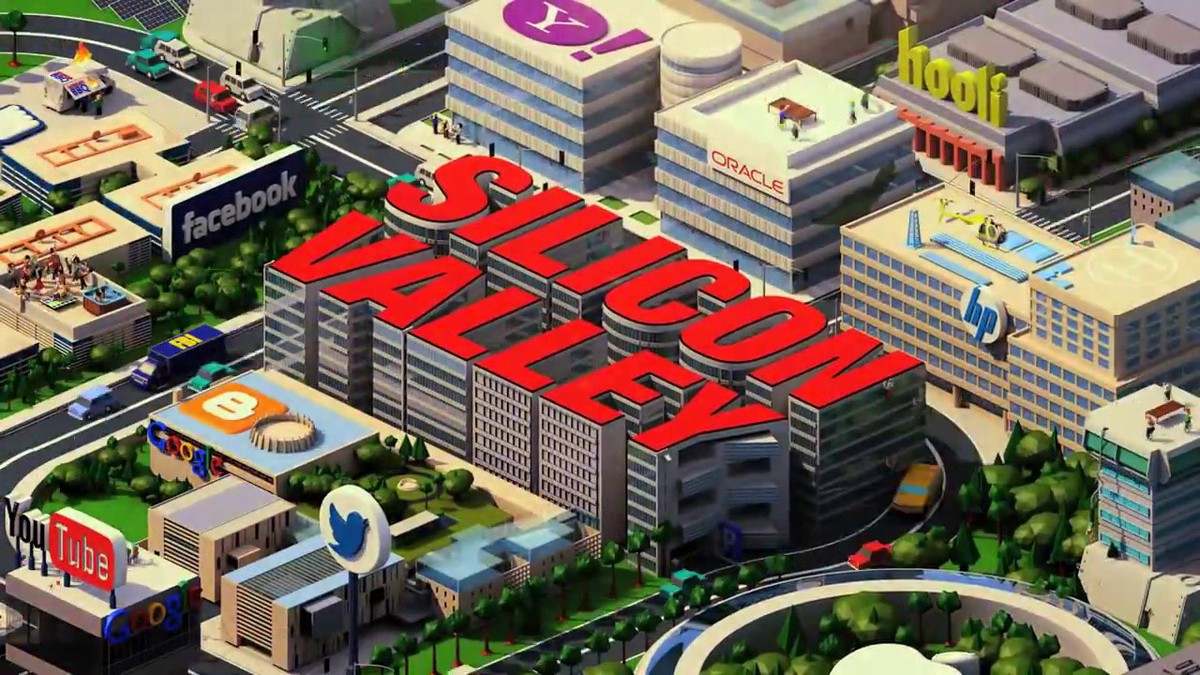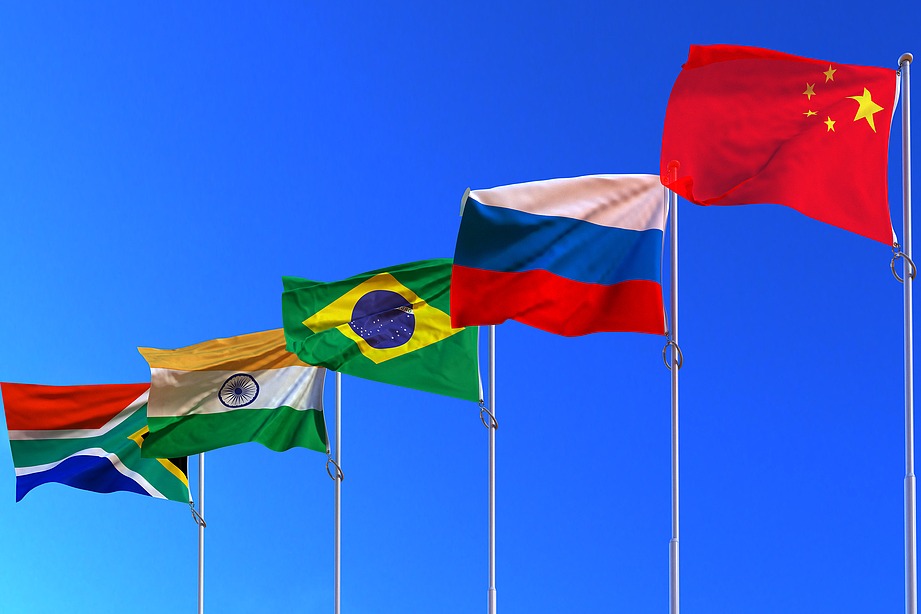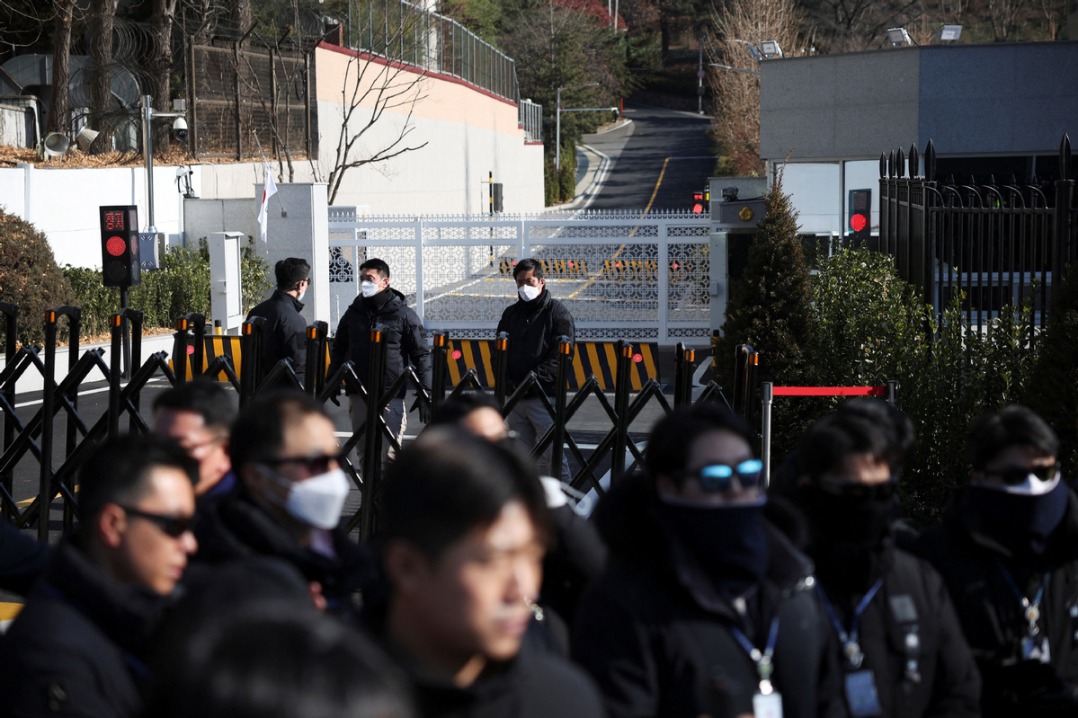Silicon Valley, China partner on AI healthcare applications


From wellness to diagnostics and operational technologies, Silicon Valley and China are collaborating in a wide range of fields to apply artificial intelligence in the healthcare sector.
"AI in healthcare is one area where the US and China both enjoy advantages, and both will benefit from working together," said Zhang Lu, a Silicon Valley-based venture capitalist specializing in AI technologies and healthcare investment.
"The environment for US-China collaboration in the medical industry has been relatively relaxed despite the disputes between the two countries," she said.
In the healthcare sector, AI programs use algorithms and software to analyze complex medical data, improving efficiency and accuracy. This has offered advantages over traditional analytics and clinical decision-making techniques in the past couple of years, said Zhang.
"The overall trend is toward personalized medical care. You need more data collection for big data analysis to personalize care solutions," she said.
Various AI applications have been developed across the healthcare sector, such as for detecting diseases, delivering health services, managing chronic conditions and developing medicines.
Zhang said one good example is the work of Silicon Valley startup Mission Bio, which has developed a precision genomics platform for high throughput single-cell DNA analysis. "With this technology, small-cell lung cancer, which is hard to find before it has spread, can be detected at an early stage," she said.
The different healthcare challenges facing the US and China create a unique opportunity for collaboration, according to Zhang.
The US has noted advantages in biological sample collection and labeling, and the resulting digitalized data is ready to be applied into algorithms and analyzed. But US healthcare data is small-scale compared to that collected in China, and the cost of acquiring the data is much higher in the US, she said.
China's challenge is to increase investment in digitalizing and labeling data, while ensuring all information stored is relevant, Zhang said.
Liu Fei co-founded WellSIM Biomedical Technologies in Silicon Valley two years ago. He said what attracted him to work with his Chinese counterparts is the country's vast market, as well as the low cost and speedy process of getting a product to market.
Liu's team is developing an automated biomark capturing system, which offers higher efficiency at a lower cost. The team is assembling their prototype in Shenzhen of Guangdong province and expects to start production later this year.
"We have shown the outcomes (as compared with similar products on the market) to our potential customers, including Stanford University, Harvard University, the University of Texas, and a few companies in Silicon Valley and China. They all expressed great interest," Liu said.
China, especially Shenzhen, has a growing base of educated researchers and engineers, and mature downstream support services.
"The cost in the US would be roughly five to 10 times more than in China," said Liu. "I know many Silicon Valley companies are seeking early-stage low-cost engineers and manufacturers in China."
China's healthcare market is expected to grow exponentially due to rising demand related increasing rates of chronic diseases and the healthcare sector's breakneck development pace.
Contact the writer at [email protected]

































